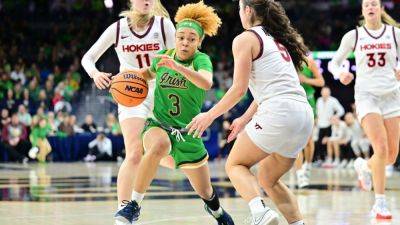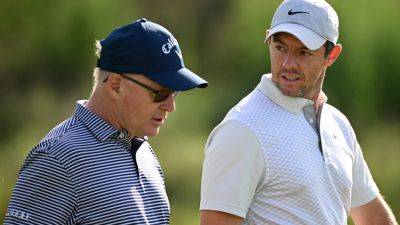Euroviews. We should leave animals out of our war on cancer
As the nation reels from the shock of King Charles’ diagnosis — and millions of others across the UK go through their own battles with cancer — the pressure has never been higher for the government to step up its ambitious 10-Year Cancer Plan by moving away from ineffective and cruel experiments on animals.
In recent years, huge strides have been made in cancer care, including preventive measures like regular screening checks and encouraging more people to quit smoking and adopt plant-based diets.
However, cancer remains a leading cause of death globally, owing in large part to the staggering 96.6% failure rate in human clinical trials of cancer drugs that were tested on animals.
In crude attempts to understand how cancer develops and can be treated in humans, experimenters graft human tumour cells onto mice, inject them with chemicals, expose them to known cancer-causing agents, or genetically engineer them to have cancer-causing genes before killing them or leaving them to suffer and slowly die.
In 2022, nearly 100,000 procedures were conducted on mice, rats, frogs, gerbils, rabbits, and sheep for basic oncology experiments in Great Britain alone.
The scientific community is aware that the use of animals, particularly mice, for studying cancer in humans is problematic.
Following an analysis of 1,110 xenograft models in which tumour cells were grafted onto mice, scientists and physicians from Harvard University, Massachusetts Institute of Technology, the Dana-Farber Cancer Institute, and other respected institutions reached a conclusion that fundamentally challenged the viability of grafting human tissue onto another species in an attempt to predict how patients would respond to therapy: transplanting human cancer cells








